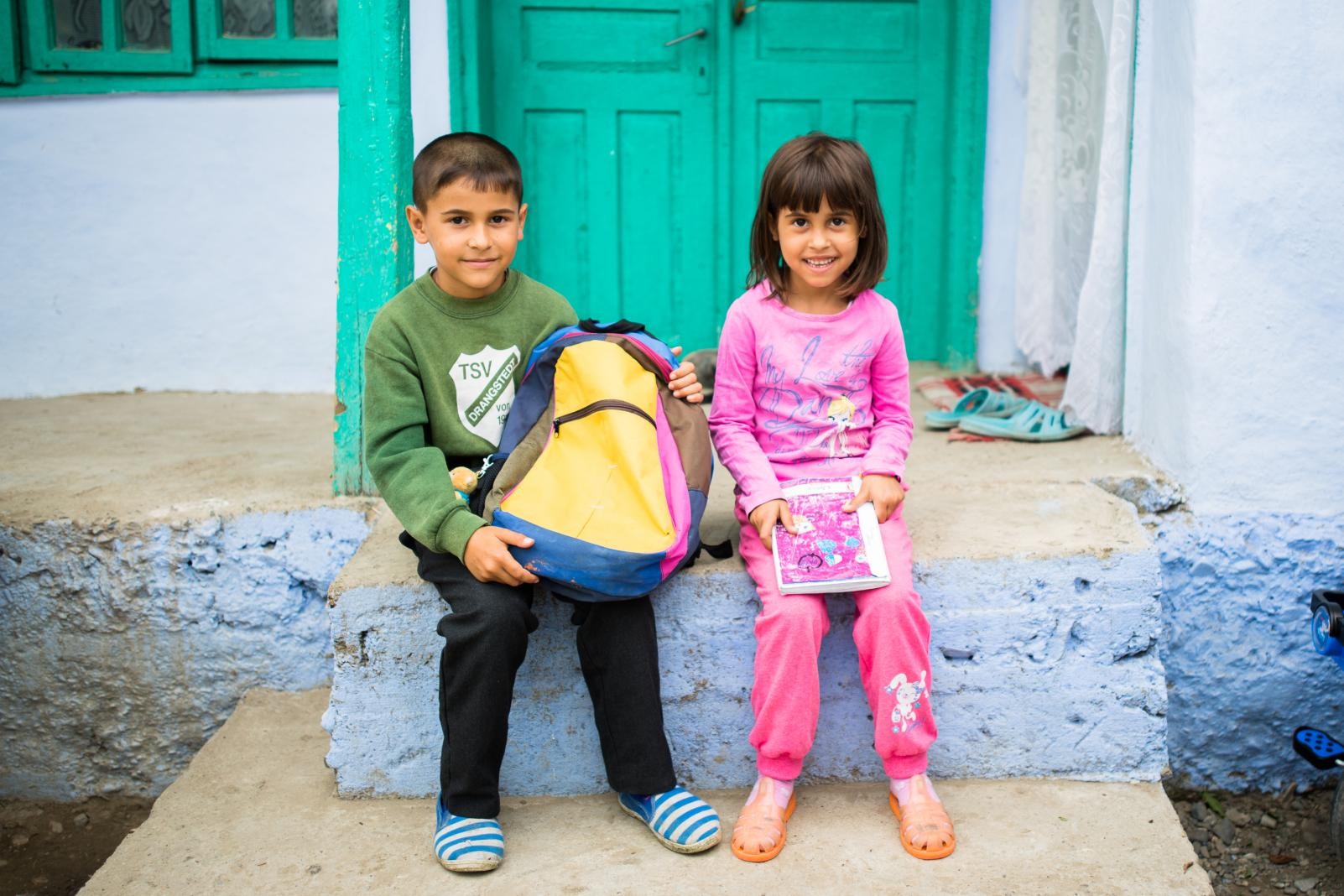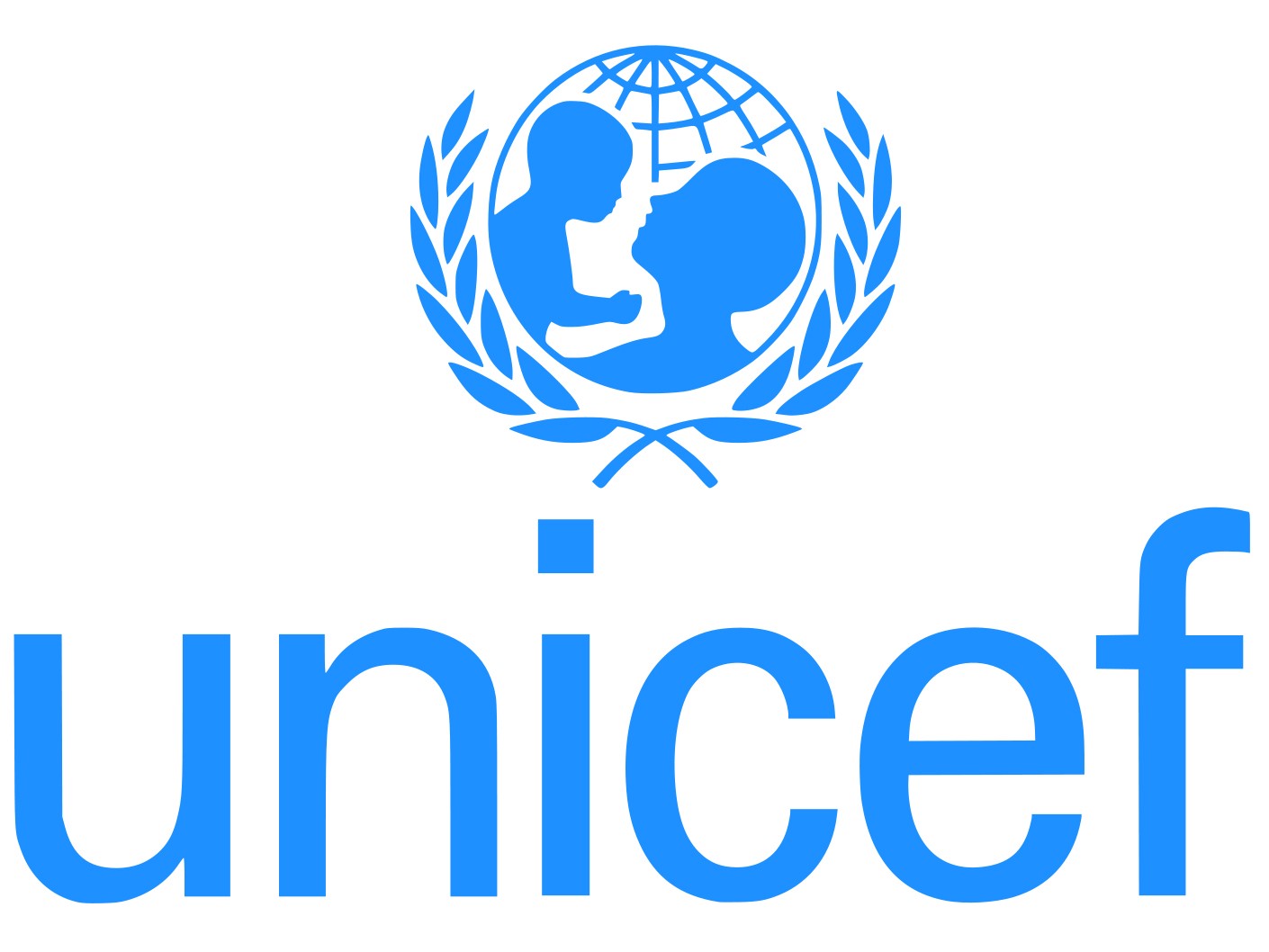Announcing new partnership to expand the capacity of the social service workforce and competencies utilized in the social services field: Building Social Service Workforce Competencies in Europe and Central Asia

This past December, the Social Intervention Group (SIG), with the Columbia University School of Social Work (CSSW) and the Global Health Research Center of Central Asia (GHRCCA), launched a preferred collaborative agreement with the regional office of UNICEF. This collaboration forms a foundation to respond to UNICEF’s ongoing priorities to bolster the competencies of the social service workforce in Europe and Central Asia.
The capacity building and implementation and dissemination research project -- Building Social Service Workforce Competencies in Europe and Central Asia -- builds upon the successes of similar programs (such as USWEEP) in Jordan, United Arab Emirates, Kazakhstan and Uzbekistan.
The aim of the project is to strengthen interpersonal communication and community engagement competencies of the social service workforce in Europe and Central Asia. The ultimate goal is to influence and support individual and social change while improving the behavioral and social outcomes of vulnerable individuals, children, families, groups, and communities.
The project funder and partner, UNICEF, explains the dire need for these services:
“Available data suggest that more than 22 million children are living in poverty in the Europe and Central Asia Region. Children are far more likely to be living in poverty compared to adults, with some children particularly vulnerable – children with disabilities, children from large families, single parent households and Roma children."
Further, UNICEF explains:
A strong social service workforce – well-trained and supported professionals who work to ensure the healthy development and well-being of children and families, is critical in addressing poverty, social exclusion and violence.
The project team includes Dr. Timothy Hunt, Associate Director of SIG and Principal Investigator; Lyudmila Kim, lead consultant and CSSW graduate; Assel Terlikbayeva, the Regional Director of GHRCCA; Sholpan Primbetova, Investigator and Deputy Director of GHRCCA; Jenny Hartmann, Co-Investigator and ASPIRE Graduate Research Assistant; Mira Nurkatova, GHRCCA Clinical and Training Coordinator; and MSW interns Yifan Liu and Emily Natasha Voorhees.
To accomplish project goals, the team is conducting a desk review and consultations with UNICEF country leadership, key academic collaborators, and social service provider organizations in the three pilot countries -- Kazakhstan, Georgia and Albania -- to analyze the needs and potential for building the competencies in the social service sector.
Based on these findings, the next step is to develop a comprehensive, competency-based training and mentoring program aimed at developing core social work competencies of the social service workforce and social workers in the Europe and Central Asia region. The team will conduct “train-the-trainer” events this spring and summer, build in-country strategies to address sustainability issues in the growing social work field, and test a capacity-building model including pre- and post-training support and mentoring in cross-cultural settings.

The partnerships include representatives from leading national universities implementing social work BSW and MSW programs, and key social service agencies, including governmental and non-governmental service providers.
Dr. Hunt says "We are honored to be able to continue and expand the partnership with UNICEF through this new agreement and project, promoting the profession of social work in the region." He continues,
There is a great need for sustainable approaches to capacity building in the social service workforce, and I am looking forward to the opportunity to learn together with UNICEF and the many stakeholders.
The project is made possible through the generous funding of UNICEF and the commitment of social service workforce representatives in partner countries.
